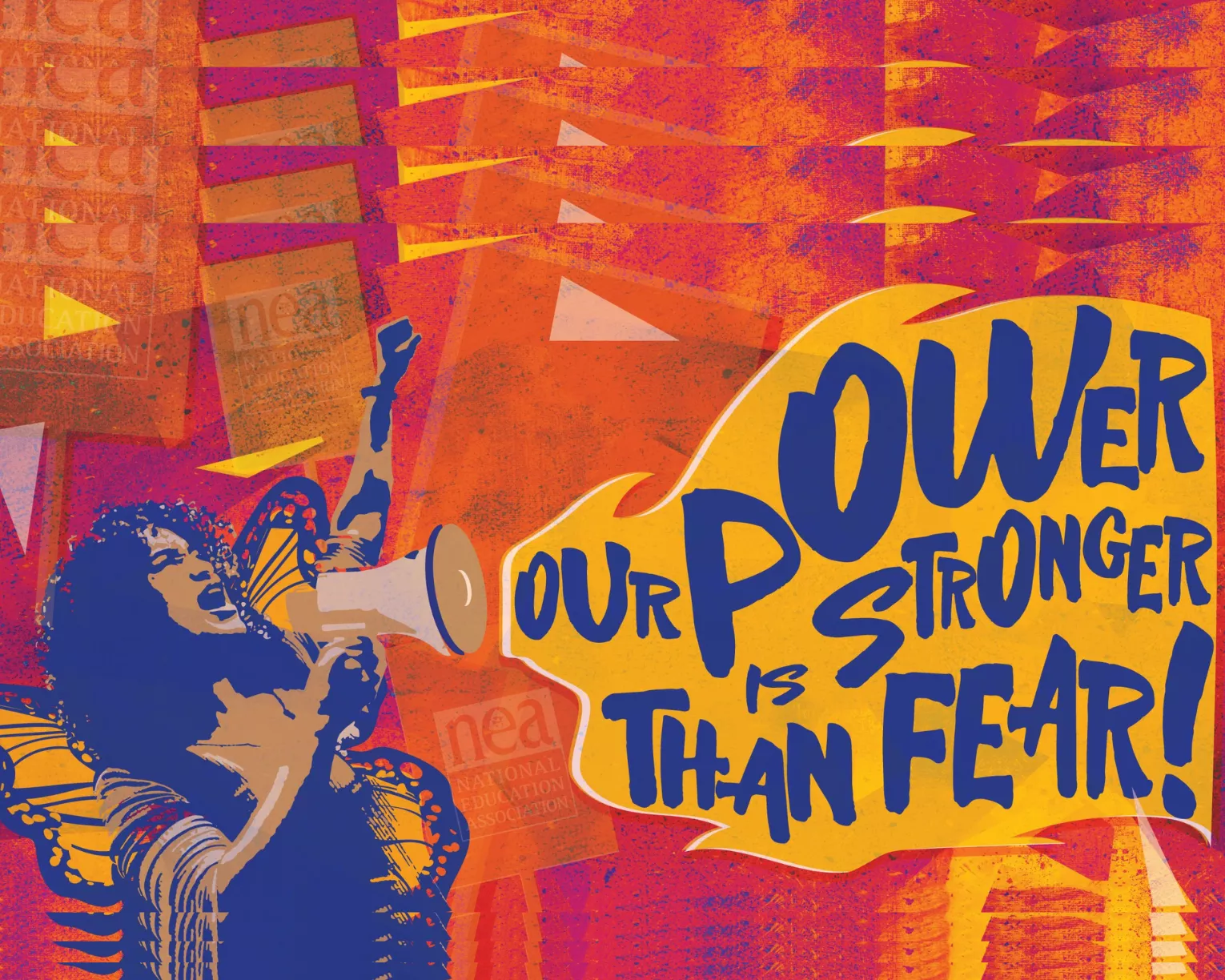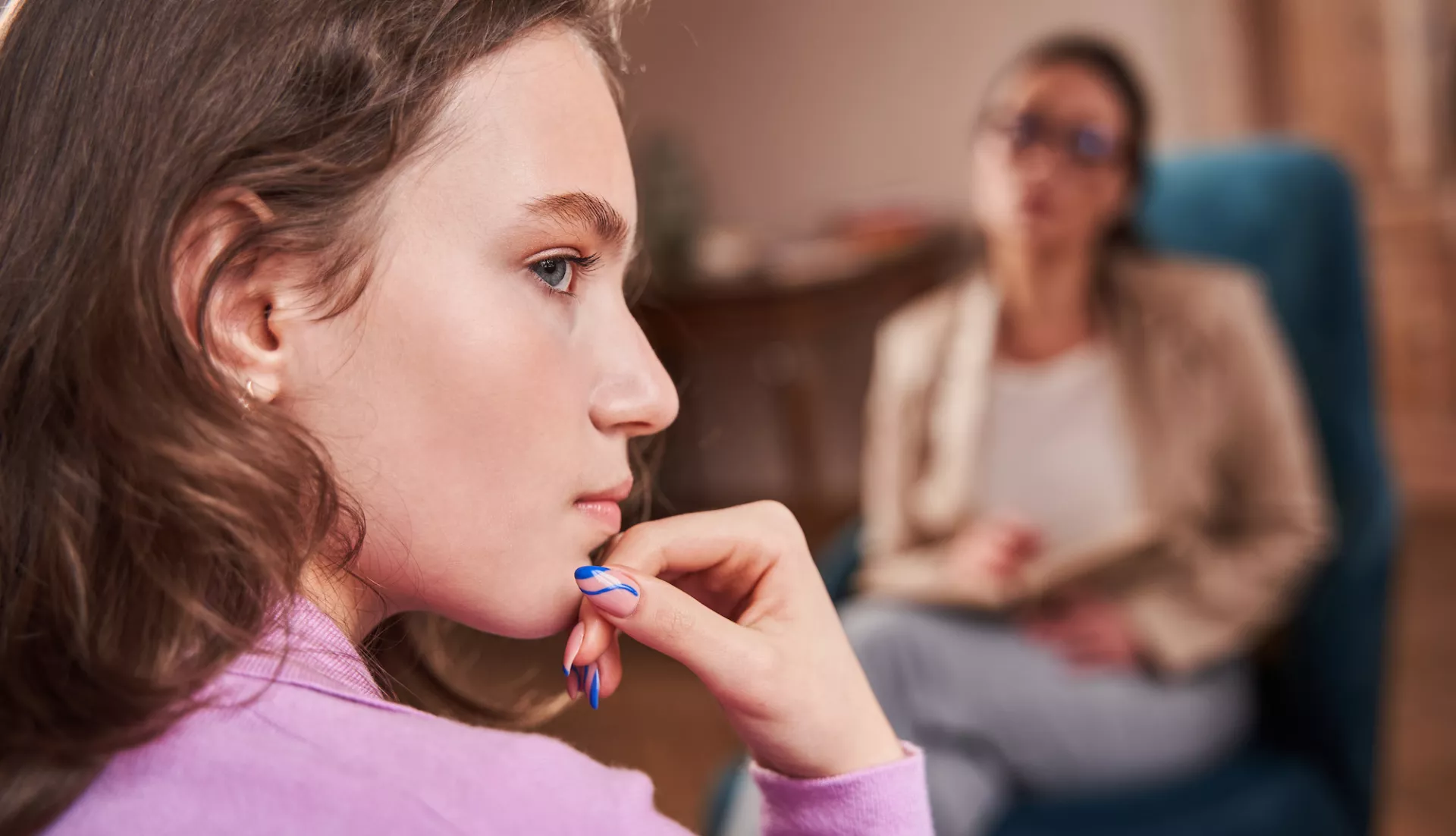Student behavior is more challenging than ever. Indeed, one-third of educators say they were attacked or verbally harassed last year, an Education Week survey found. How can educators respond? What do they need to know? Rosa DiPiazza, an award-winning behavioral specialist in Milford, Del., works with teachers and students to support students' behavioral needs.
Here is some of her advice.
1) Stay calm
“The biggest thing I emphasize when I’m meeting with other educators is the importance of a calm presence,” she says. “As soon as you lose your cool, your kids do, too.”
DiPiazza knows this can be hard. “Every time I work on a crisis, my heart starts thumping in my chest. What kind of human would I be if I didn’t have a response to a kid in crisis? That’s totally normal.” Identify your own coping strategies, she advises. Practice mindfulness, focus on breathing, and label your own feelings.
2) ‘There’s no magic answer’
Educators can sense when students are feeling anxious or depressed, or just having a rough day. Wouldn’t you love to wave a wand and fix everything?
“Teachers want to know what to say, but there’s no magic answer,” DiPiazza says. “The answer is you be calm, and you be supportive, and you validate their feelings.”
3) Understand what’s happening in your students’ brains
Even before the pandemic, students lived through evictions, domestic violence, and other traumas. Don’t wallow in the details of those traumas, but be aware of how those experiences affect the brain, she says. In your classroom, you might see students acting out or shutting down.
“They move from functioning in an executive state, in the brain’s frontal lobe, to a ‘survival state,’ controlled by the brain’s amygdala,” explains DiPiazza. “Nothing good is going to happen when they’re in their amygdala. They’re not going to make rational choices. They can’t!”
4) Never let the pot boil over
When students start simmering, respond in ways that dial down the heat, says DiPiazza. Talk to students about how and where to take breaks when they feel triggered. “The idea is [for them] to recognize those feelings before they get out of control,” DiPiazza says.
Many Milford elementary classrooms have calming corners with sensory putty, bottles of bubbles, and other tools. “These aren’t punishment spaces,” says DiPiazza. “They’re places to use before escalation happens.” Older students might similarly practice breathing exercises at their desks.
5) Collaborate
If you’re a teacher, reach out to behavioral specialists in your district, encourages DiPiazza.
Learn More
Speak Up For Students and Public Schools




